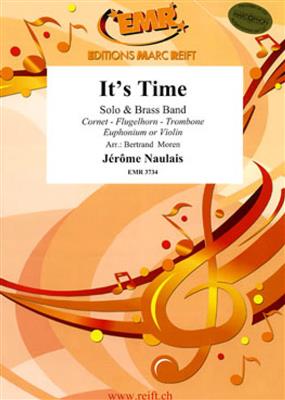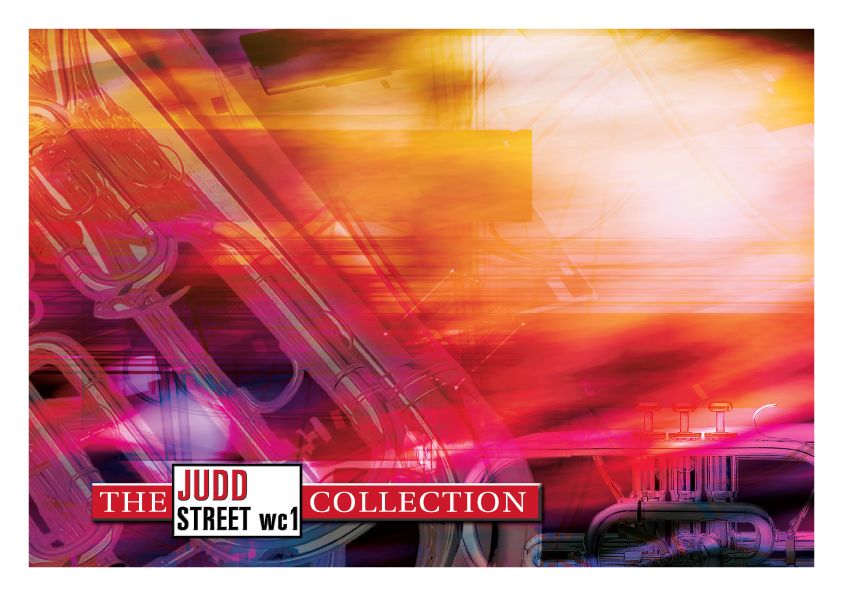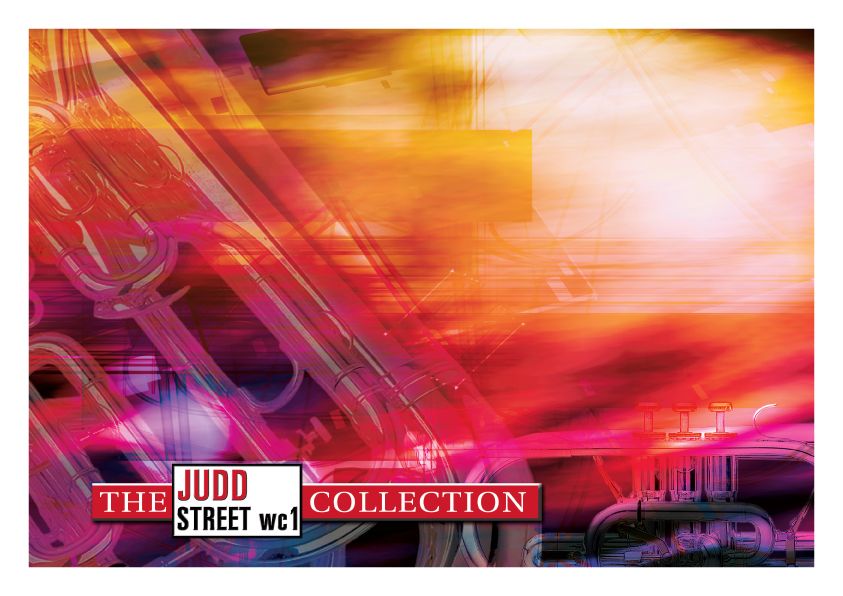Results
-
 £70.90
£70.90It's Time (Trombone Solo) - Jérôme Naulais
Estimated dispatch 5-14 working days
-
 £70.90
£70.90It's Time (Euphonium Solo) - Jérôme Naulais
Estimated dispatch 5-14 working days
-
 £70.90
£70.90It's Time (Flugelhorn Solo) - Jérôme Naulais
Estimated dispatch 5-14 working days
-
£70.00
Proud Mary - John Fogerty
Estimated dispatch 5-14 working days
-
 £70.00
£70.00All I Want For Christmas Is You - Mariah Carey
Estimated dispatch 5-14 working days
-
 £70.00
£70.00Rood - John Ewbank
Estimated dispatch 5-14 working days
-
£70.50
-
 £29.95
£29.95Judd: Star Lake
Unbelievable to think that this march is 70 years old written when Eric Ball was a guest at the famous Star Lake music camp in the USA. Entertaining and easily within the grasp of all bands.
Estimated dispatch 7-14 working days
-
 £44.95
£44.95Judd: The Present Age
It is the present age of the late 1960's and 70's which claims the composer's attention in this attempt to express in music the background against which the modern young Christian has to work.
Estimated dispatch 7-14 working days
-
 £29.95
£29.95Island Whirl
Island Whirl was commissioned by Margaret Milligan who wanted a brand new piece of music composed as a present for Ian, her husband for his 70th birthday. Ian Milligan is a keen and dedicated musician and he is the musical director of Callendar Brass, based in Callendar near Stirling in Scotland.Margaret contacted me about the possibility of composing a short lively piece which had a Scottish theme that would be ideal for Callendar Brass Band and any other ensemble to get their teeth into. This piece takes its inspiration from the traditional Scottish folk song 'An Eriskay Love Lilt' which is a particular favourite of both Margaret and Ian.With thunderous Celtic drums the piece opens in a whirlwind of sound with fanfare brass and an off-stage soloist that can perform using either the cornet or trumpet. After the exciting opening, the brass and drums die away to allow the off-stage soloist to air the traditional tune 'An Eriskay Love Lilt'.The beautiful haunting melody, keeping its originality throughout undergoes a series of changes in the accompanying harmonic material before dying away to allow the Celtic drums to return. The percussion whip the band into a frenzy as the piece gets faster and faster. Just prior to the final notes the band diminuendo to allow one last closing statement from the Eriskay Love Lilt lead by the off-stage soloist before the ensemble charge to a dramatic close.When performing this piece I would recommend the off-stage soloist taking a position somewhere in the audience, so they can almost feel part of the performance. In addition, with the two tom-tom parts that represent the Celtic drums, bands should make the most of showcasing them by getting the two drummers out to the front of the band to perform. The ideal stage position would be with the players set up in stereo with one player in front of the soprano cornet and the other in front of the solo trombone.With the various choreographed movements from both the off-stage soloist and the percussionists. This piece is a great addition to any concert repertoire and is an ideal showcase for bands who want to try something a little different.I wish Ian at 70 years young, all the very best with his music making in the many years to come and I hope this piece, composed especially for him and Callender Brass brings them many years of musical enjoyment.Paul Lovatt-Cooper
Estimated dispatch 7-14 working days
